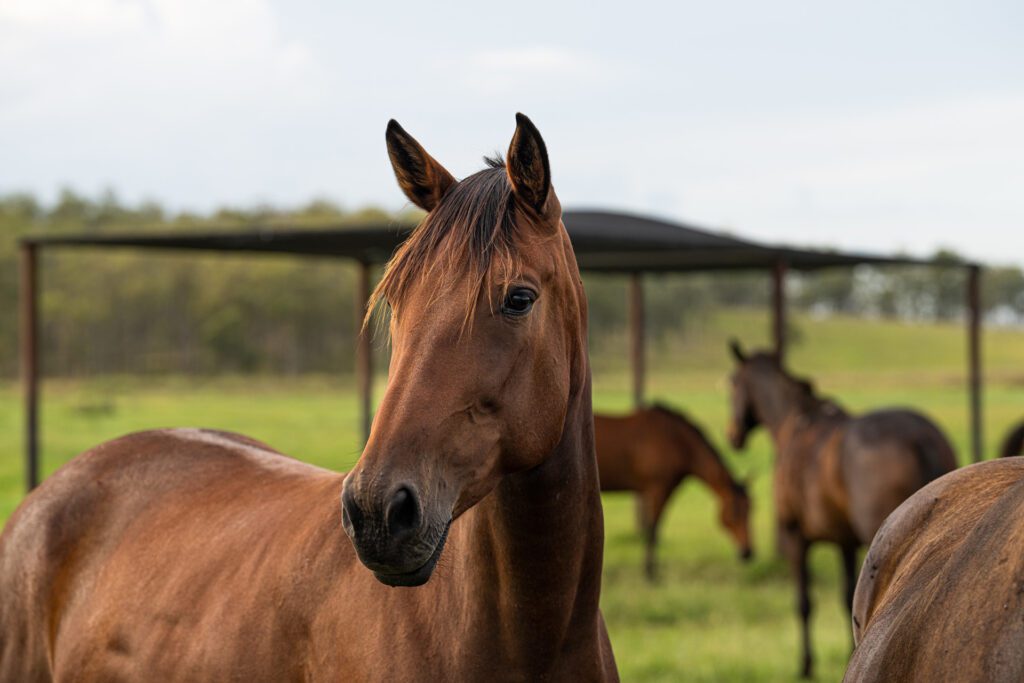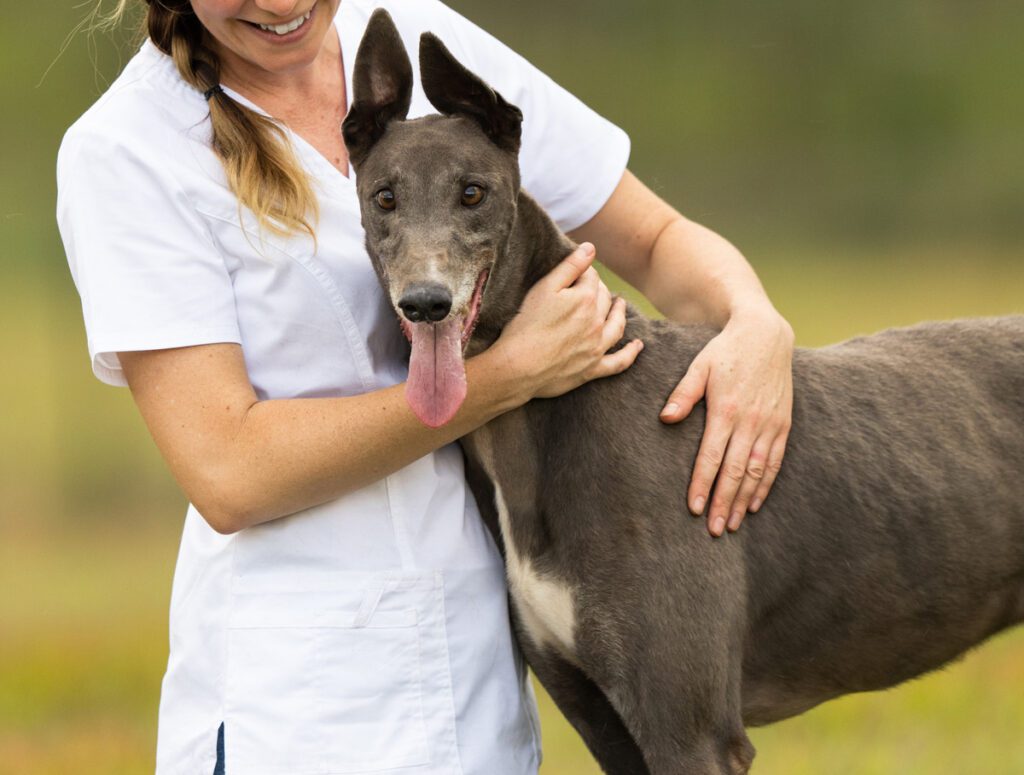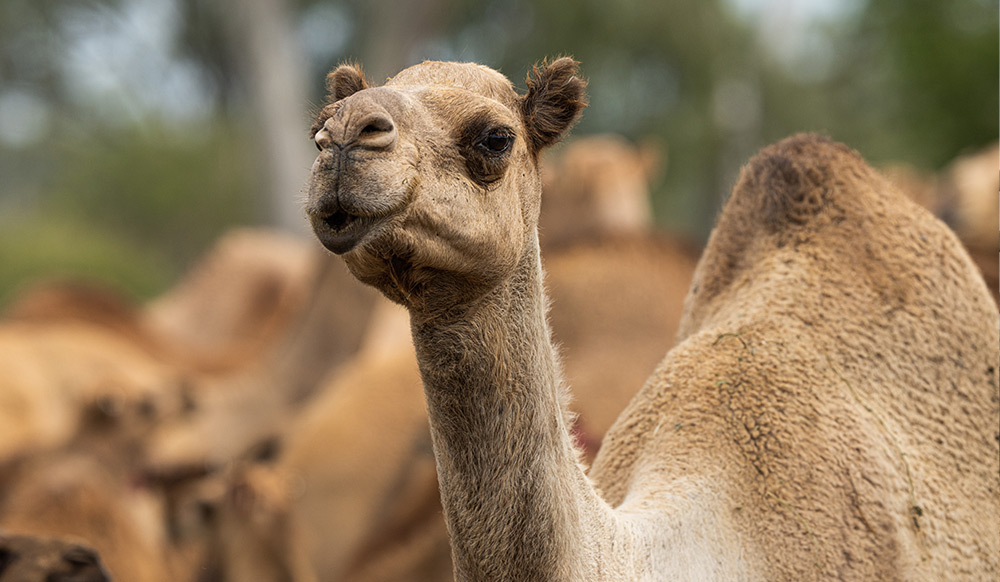Donor Animals
Plasvacc Australia's APVMA-registered veterinary blood products are collected from approximately 200 donor animals of various species. Prior to acceptance, all animals undergo a rigorous induction process to ensure their suitability as plasma and red cell donors.

Equine
Plasvacc Australia's donor horses are routinely vaccinated with the following herd health vaccines: Equivac 2 in 1 - Tetanus and Strangles (Streptococcus equi), Equivax EST -Salmonella typhimurium, Duvaxyn EHV-1, 4- Herpes virus vaccine, and Equivac HeV Hendra virus.
Plasma donors must be free of agglutinins and hemolysins to common red cell antigens. Each donor must also test negative for antibodies to EIA, Equine Arteritis Virus, Equine Babesiosis, Equine Hendra Virus, Equine Herpes Virus 1-4, and RBC Antibody test - Coombs. Once donor animals are accepted, frequent monitoring ensures continued freedom from disease.

Canine
Plasvacc Australia's canine donors are routinely vaccinated with a C5 vaccine for herd health and wormed monthly.
All canine donors must be DEA 1 Negative blood type and free of agglutinins and hemolysins to common red cell antigens. Each donor must also test negative for antibodies to Heartworm, RBC Antibody – Coombs, and Canine Vector Test.
Once donor animals are accepted, frequent monitoring ensures continued freedom from disease.

Camelid
Plasvacc Australia's donor camels are routinely vaccinated with the following herd health vaccines: Ultravac 7 in 1, Pestigard, Glanvacc 6 in 1, Longrange Botulinum vaccine, Leptoshield, Bovilis Salmonella, Ultravac Scourshield, and Selovin LA. Each donor must also test negative for antibodies to Johne's disease, Blue Tongue Virus, Bovine Viral Diarrhoea Virus (Pestivirus) and Enzootic Bovine Leucosis.
No blood grouping testing is required on camels as Camelids do not form antibodies to other blood groups, and as a result are incapable of mounting an Acute Haemolytic Blood Transfusion Reaction to a non-cross-matched blood or plasma recipient.
Once donor animals are accepted, frequent monitoring ensures continued freedom from disease.



